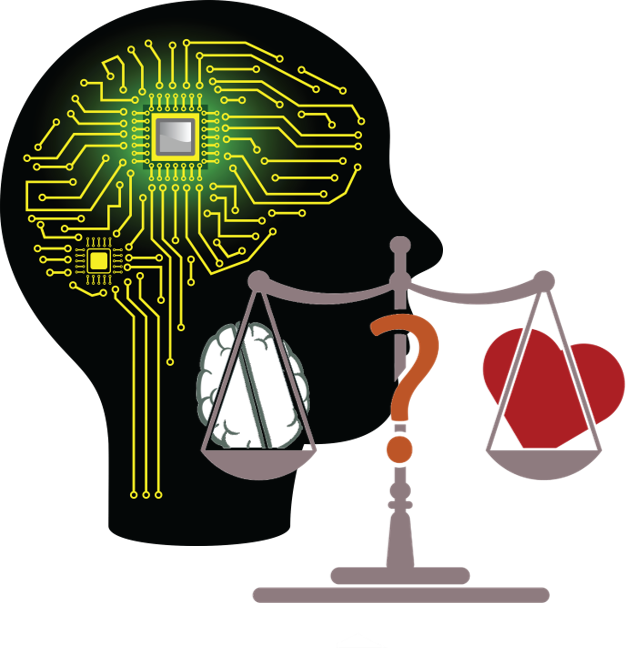Quarter 4, Week 3 – Making Judgement
-----------------------------------------------------------------------------------------------------------
-----------------------------------------------------------------------------------------------------------
 Daniel Gerhard Brown (June 22, 1964)
Daniel Gerhard Brown (June 22, 1964)
-Dan Brown, (born June 22, 1964, Exeter, New Hampshire, U.S.), American author who wrote well-researched novels that centered on secret organizations and had intricate plots. He was best known for the Robert Langdon series, which notably included The Da Vinci Code (2003).
-----------------------------------------------------------------------------------------------------------
-----------------------------------------------------------------------------------------------------------
-Worth of Ideas refers to the value of the information or ideas presented; something that is important for us to know or understand. These are truthful information that are verifiable and can be determined based on the credibility of the sources and its relevance.
-Sound Reasoning is simply reasoning that makes sense and follows some sort of logic. This can also be seen as reasoning that is free from any form of bias or prejudice.
-The main purpose of presentation is to give information, to persuade the audience to act and/or to create goodwill. A good presentation should have a good subject matter, should match with the objective, should best fit the audience, and should be well organized. To communicate the desired information, effective presentations should use more of visual aids such as transparencies, diagrams, pictures, charts, and the like.
-If the presentation is written, the ideas must be logically organized using appropriate transition words and divided into inter-connected paragraphs to effectively convey ideas. Meanwhile, if the presentation is oral (watched or heard), delivery should be clear with varying tone, rate, and volume of voice to aid the meaning, complexity, and importance of what is being said.
-----------------------------------------------------------------------------------------------------------








Comments
Post a Comment